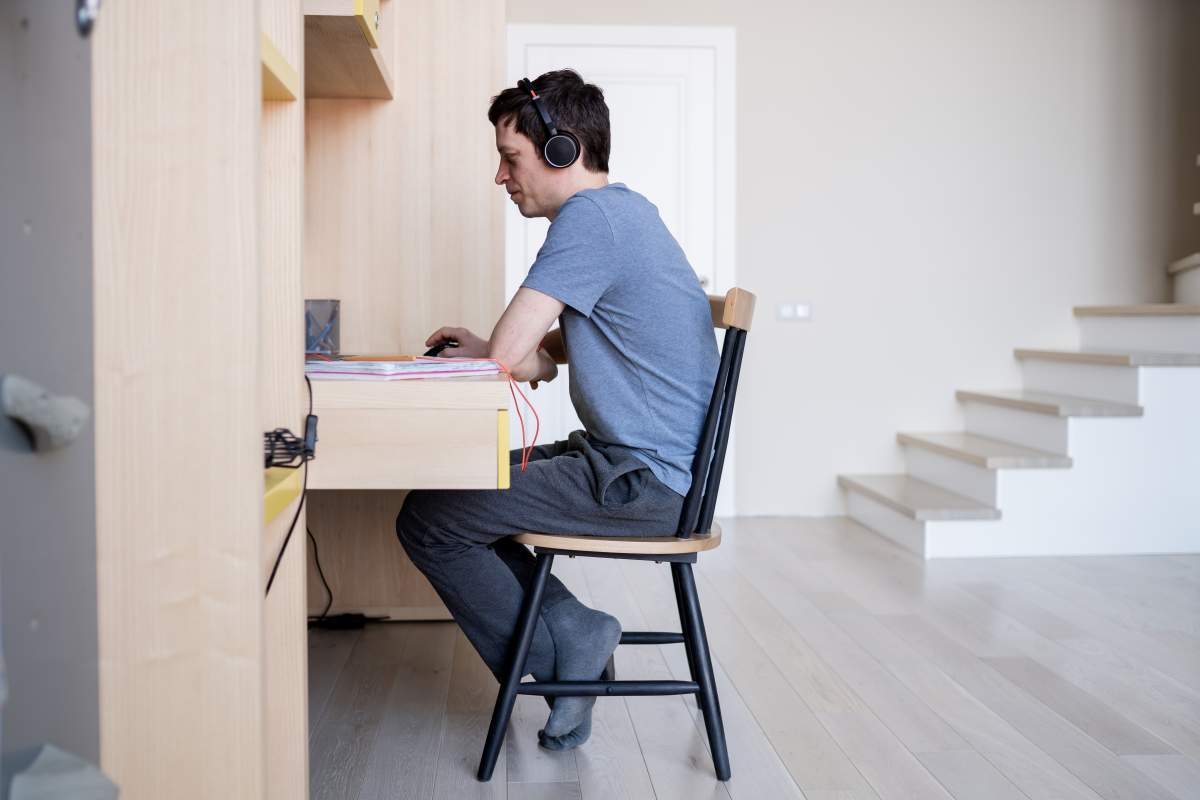Preparation for public competitions requires significant commitment and a well-defined strategy; however, it is often accompanied by a considerable level of stress for aspiring candidates. Managing studies and personal life can be particularly challenging, but thanks to technological innovations in recent years, there is a path towards a more efficient and less stressful process for all participants. The introduction of tablets during competitive examinations has brought about a significant change, offering a more modern solution adapted to the needs of competitors.
Impact of technology on stress in public competitions
It is not unusual for candidates to experience a high level of emotional stress in the run-up to a competition. The competition poses a considerable challenge for those preparing for it. The pressure associated with the amount of study required to tackle tests that can influence the course of one’s career is considerable. However, one of the elements that contributes most to stress is the practical handling of the test.
The introduction of technology has shown that it can ‘relieve’ this tension: the shift from traditional paper-based tests to the use of tablets offers a sense of security for competitors, allowing them to face the exam with greater peace of mind and confidence in their abilities.
Not only that, but this has also brought a speed of proceedings that is not comparable to the past, both in terms of corrections and in terms of daily competition sessions.
How public competitions work with tablets
In the past, public competitions were conducted exclusively on paper. However, with the advent of digital technologies, the competition landscape has undergone a significant transformation. The solutions offered, such as those provided by Recrytera, have made it possible to adopt a more efficient and modern approach.
Within the competition venues, participants receive personal tablets, through which they access the designated platform to take the tests. This approach not only speeds up the process of taking and correcting the tests, but also ensures greater transparency and security in the selection process.
Advantages of tablet competitions
But what are the real benefits of competing using the tablet? Let us look at some of them.
Efficiency and speed: the time required to run and correct tests is significantly reduced, allowing for faster and smoother management of the competition process.
Environmental sustainability: the elimination of paper reduces environmental impact, reflecting a commitment to more sustainable practices.
Transparency and security: using technology, greater transparency in the selection process is ensured, reducing the possibility of challenges or disputes.
Centralized management: the adoption of digital solutions enables a more centralized and coordinated management of the competition process, ensuring uniformity and consistency in procedures.
What is proctoring and what it signifies for candidates
While digital technology offers many advantages in the context of public competitions, it is essential to carefully consider the practical aspects and implications associated with the use of online proctoring. Online proctoring, or online monitoring, is a way of remotely monitoring participants during the conduct of competitive examinations, conducted by a proctor who verifies the candidate’s identity and monitors activities during the test.
The introduction of online proctoring, made necessary in the times of the COVID-19 pandemic, has not failed to raise some critical issues that require careful evaluation.
These undoubtedly include the presence of limitations in the ability to detect and prevent fraudulent behavior on the part of candidates, intrusions into the privacy of participants through active microphones and webcams, and complex issues regarding the accessibility of public competitions, an issue to which increasing attention needs to be paid as required by the social context in which we live.
